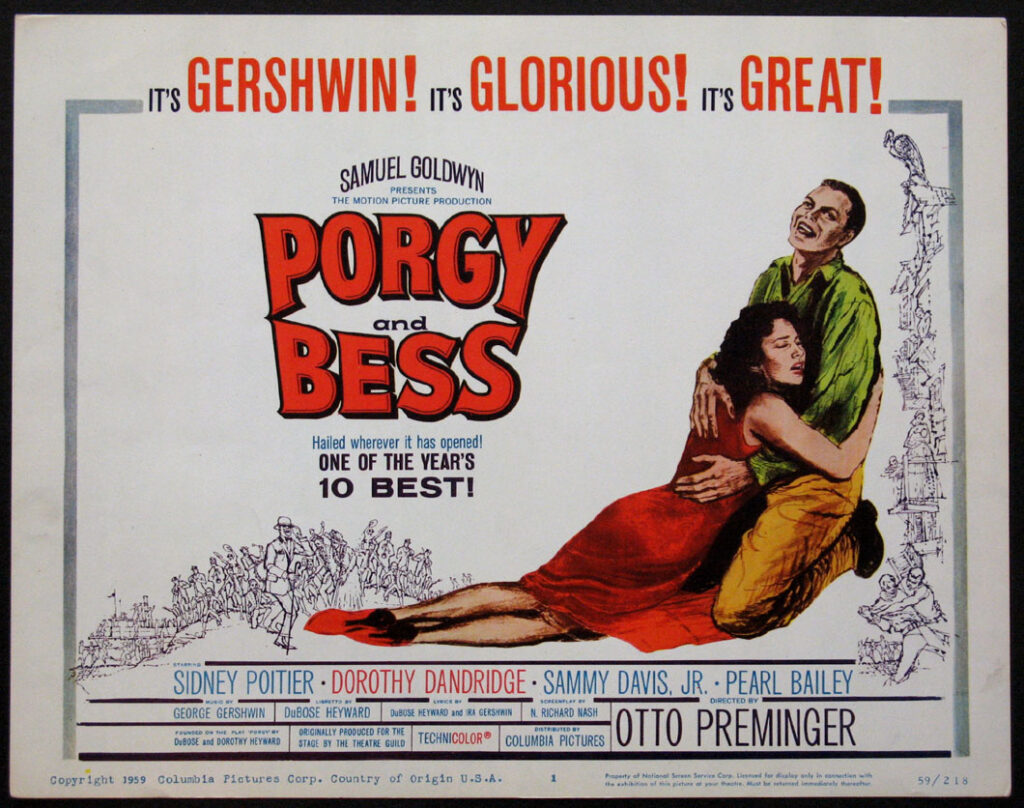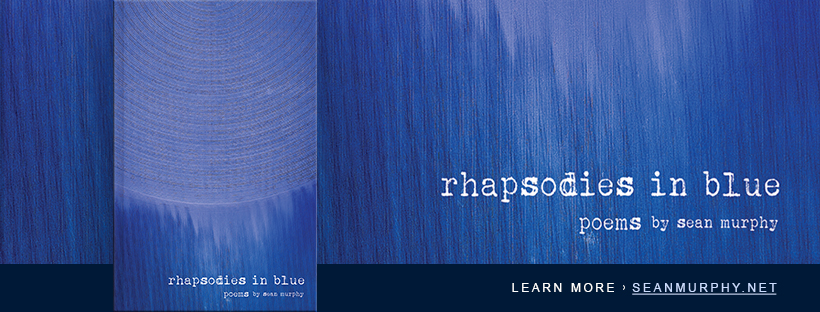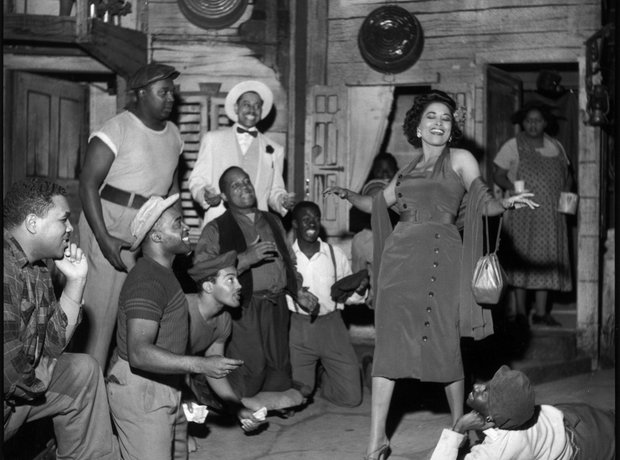
On October 10, 1935, George Gershwin’s opera Porgy and Bess premieres on Broadway.
Porgy and Bess began its journey to the Broadway stage in 1926, when George Gershwin wrote a letter late one night to the author of a book he was reading proposing that the two of them collaborate on an operatic adaptation. The American writer DuBose Heyward, author of the novel Porgy, immediately agreed to Gershwin’s proposal, but commercial commitments in New York prevented Gershwin from actually beginning work on the project for another seven years. In the meantime, singer Al Jolson attempted to mount a musical version of Porgy starring himself in blackface, but that effort foundered in 1932, leaving the way open for the Gershwin-Heyward collaboration that would feature an all-African American cast of classically trained singers—revolutionary casting in 1930s America.
Over the course of more than two years beginning in the spring of 1933, DuBose Heyward and the two Gershwins—George’s brother, Ira, joined on as co-lyricist in 1934—collaborated mostly by mail, with only occasional face-to-face meetings. In this fashion, they nevertheless managed to create some of the greatest songs in American musical-theater history, including “Summertime,” “I Got Plenty O’ Nuttin’,” “It Ain’t Necessarily So” and “Bess, You Is My Woman Now.”
The critics of the day were decidedly mixed in their reception of Porgy and Bess, however. While Olin Downes of The New York Times found “much to commend it from the musical standpoint,” composer/critic Virgil Thomson, writing for the New York Herald-Tribune, was less kind, calling Gershwin’s incorporation of blues and jazz influences into a “serious” operatic score to be “falsely conceived and rather clumsily executed…crooked folklore and half-way opera.”
Many of the songs had been cut from show between its trial run in Boston and its Broadway debut, however—a fact that may well have hurt Porgy and Bess with critics. In fact, the full George Gershwin score of Porgy and Bess would not be performed again until a triumphant 1976 revival by the Houston Grand Opera helped establish its current place in the standard operatic repertoire.
George Gershwin and DuBose Heyward died in 1937 and 1940, respectively, not knowing that the poorly-received Porgy and Bess, which premiered on this day in 1935 and closed some four months later, would later gain recognition as one of the most important American musical works of the 20th century.

From April, 2023:
Huge love & thanks to the awesome team at Washington Writers’ Publishing House for featuring my poem “DuBose Heyward’s Blues,” which was drafted with the working title “Rhapsodies in Blue” which is the name of my new collection.
This one is meant to simultaneously trace the way jazz musicians utilized pop standards, reimagining them completely or, often, taking them to whole other places (think Miles with “Summertime” or Nina Simone with “I Loves You Porgy” — or Coltrane with “My Favorite Things,” for that matter…), and also recall how I slowly fell under the spell of jazz music, first by loving it, then understanding it, then understanding the sociocultural circumstances it’s often created in, and then contemplating how poets are, as Shelley insisted, the unacknowledged legislators of the world.
Rhapsodies in Blue is the second installment of a large and ongoing project that explores America (its mythology, its possibility) through a series of poems that function as biography, history, and cultural commentary. Continuing where THE BLACKENED BLUES left off, this collection honors a variety of artistic icons, some well-known, others unjustly obscure, and seeks to capture something essential about their lives, bearing witness while paying homage.
America has always been a cauldron of inconsistencies; so often in our history we’ve ended up with brilliance, tolerance, and progress only after every other option has been exhausted. It seems instructive—and inspiring—to consider that, to take only one from many other examples, this country, which beats and stymies its best citizens, is capable of producing the geniuses who invented and perfected jazz and blues music. Despite every systemic disadvantage and all the obstacles placed in their paths, these musicians lived, played, persevered, and became immortal. Any country that can claim Miles Davis, Thelonious Monk, Duke Ellington, and Howlin’ Wolf is worth preserving, and celebrating.
DuBose Heyward’s Blues*
Even in the 1980’s it wasn’t all bad
because in English 101 I first read
Porgy and Bess and it prepared me
for some things, especially when—
a few years later—Miles smiled
and I finally began to comprehend
a truth or two that anthologies
and college professors can never
articulate, words failing to explain shit
like context and cause and effect, and how
could “Summertime” break my brain
then build it back up each time, reaching me
in its wordless way? Then in walked Bud,
& Ella & Billie & Nina, so by the time I got to
post-grad I knew more about Gershwin—
(& appropriation) and how once again black artists
were obliged to reclaim their culture, elevating us
to places we wouldn’t need to go if the American Dream
offered what was advertised (words, again, talking
a big game but coming up empty in extra innings) and
why I see Emmet Till when Sun Ra takes his solo
on “I Loves You, Porgy,” proving truth’s more painful
than fiction b/c it feels real, even to not-so-innocent
bystanders, and maybe that’s why a recording from 1960
can kill me in all the right ways—suggesting something
about humankind’s deficiencies or redemption—and how
wood, brass, and wind express what words never could.
So, you see, this is what it means when I admit I don’t know
the blues but I understand them, or possibly I’ve got that
backwards, b/c my ears discern what my mind can’t define.
(*American writer Edwin DuBose Heyward’s most famous novel, Porgy (1925), was the basis of George Gershwin’s controversial opera Porgy and Bess (1935), featuring the compositions “Summertime,” and “I Loves You, Porgy,” both of which became jazz standards in subsequent decades, indelibly covered by icons like Miles Davis, Nina Simone, and Billie Holiday.)
A sampler of artists and songs referenced in the poem, below.

